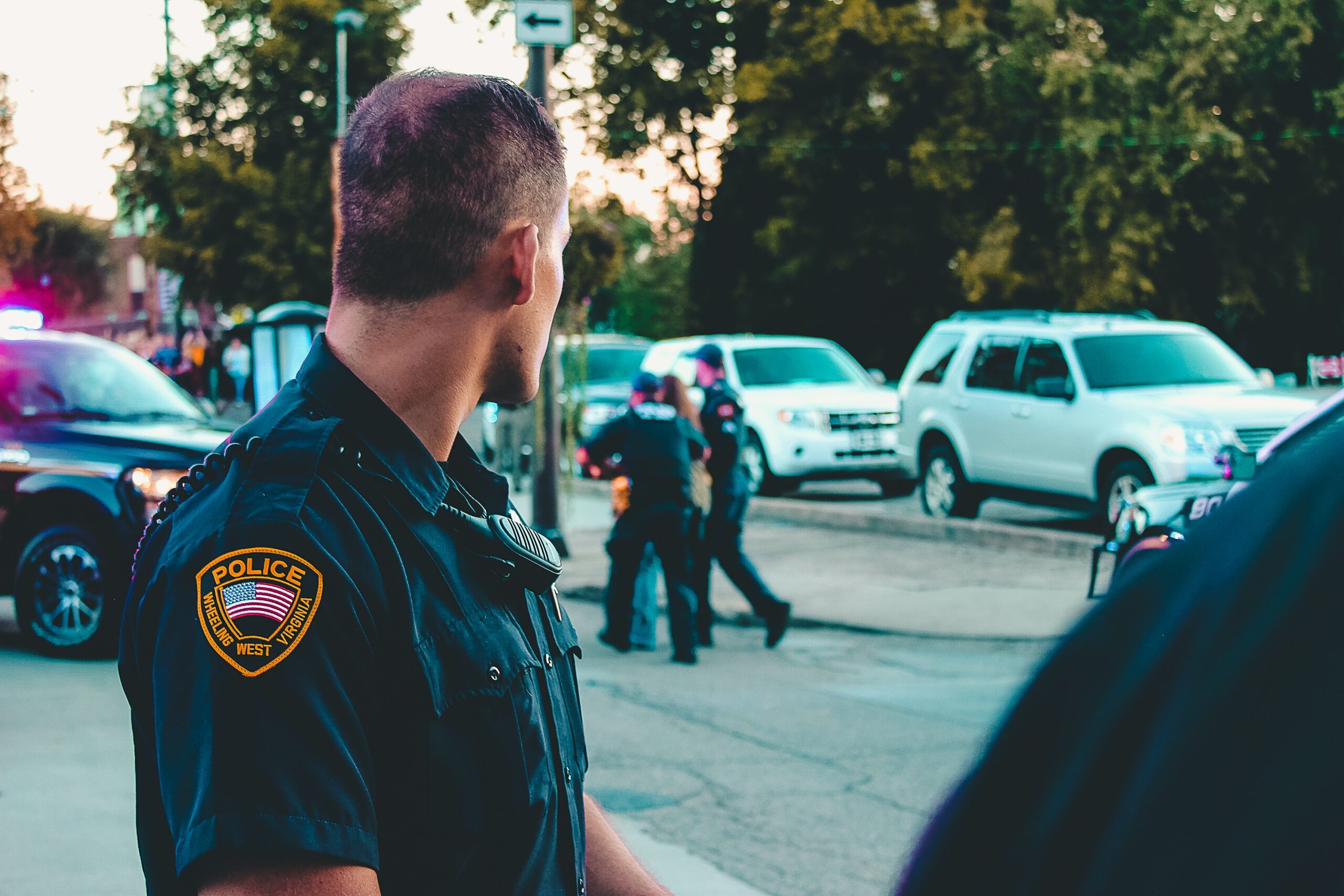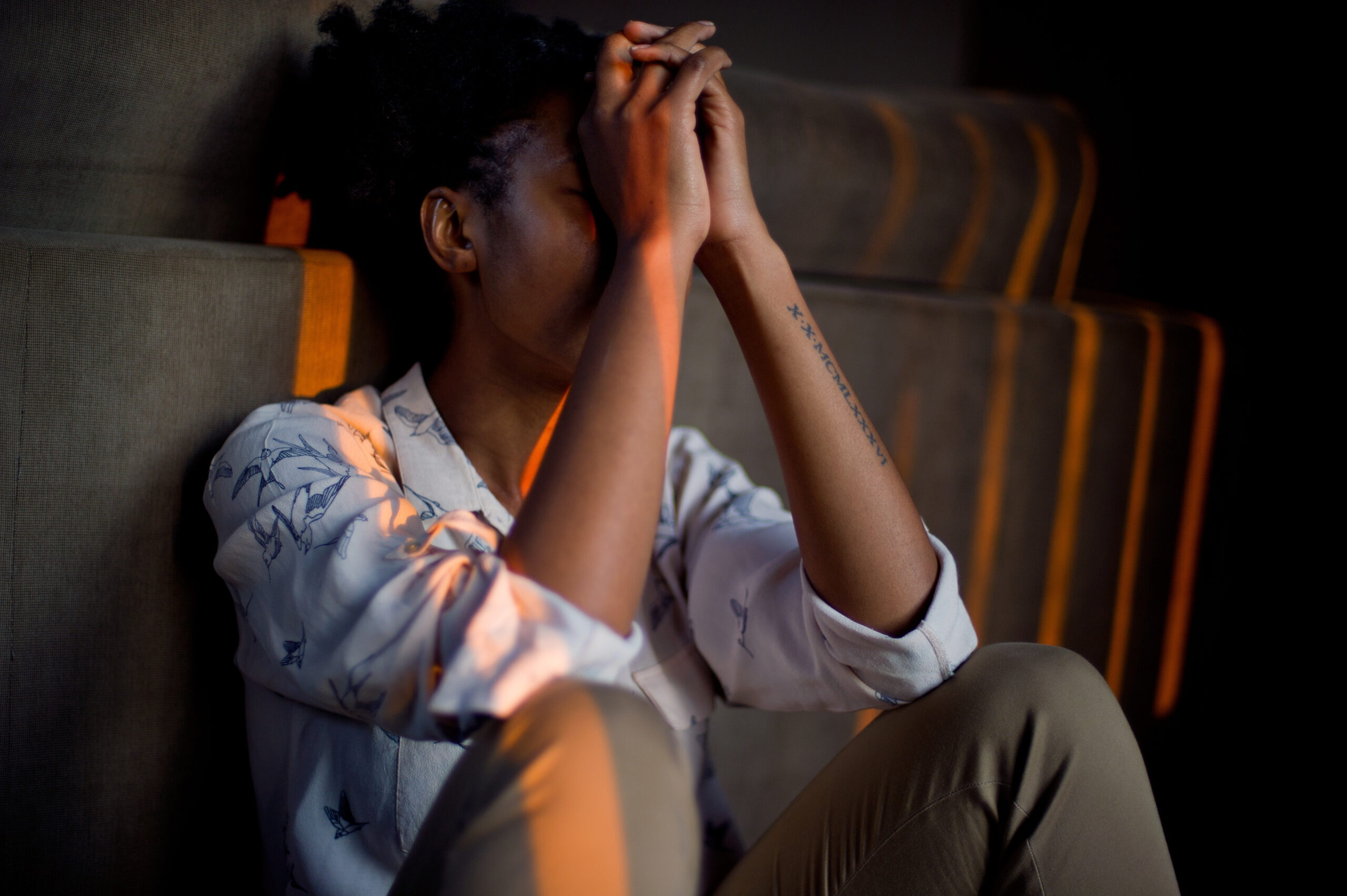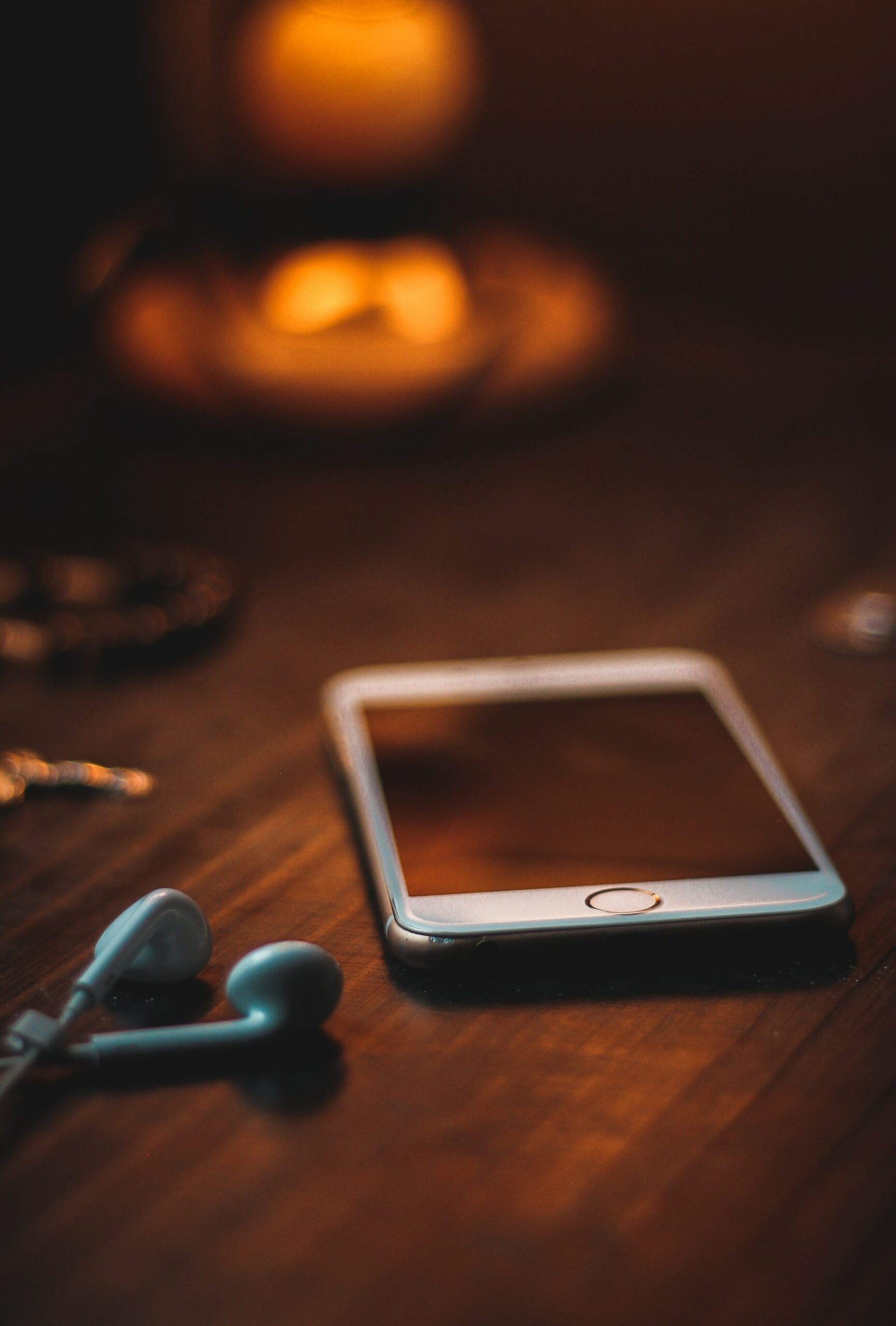
Police brutality, injustice, and loss are, unfortunately, experiences that are not foreign to the Black community. As a collective, we’ve been here before, so while we mourn the lives of George Floyd, Breonna Taylor, Tony McDade, and protester David McAtee we ache for them, but our pain is much deeper than those who make the hashtags.
As James Baldwin said, “To be a Negro in this country and to be relatively conscious is to be in a rage almost all the time.” To say this news cycle is a lot to take in is beyond an understatement, which is why our mental health and staying aware of triggers should take priority. Remember these tools to protect your peace when the news is too much to handle.
Avoid Trauma Porn
Trauma porn is a term used in response to a lack of trigger warnings before images and videos of slain Black and Brown bodies are posted online. We know the injustices that have been brought against us in this country, and beyond. And while we recognize the importance of the murders at the hands of police being captured for justice, sharing those traumatic photos/videos online can be detrimental to our mental health. It’s a tight line to walk, as many people feel watching these videos brings awareness, but we are more than how we leave this earth.

Take a Mental Health Day From Work
Black people are going back to jobs that expect us to perform at an optimal level, completely disregarding the reality that we’ve suffered tremendously over the past several days, all while facing a global pandemic. You’re expected to smile on Zoom calls, fight back the tears, and work alongside people who may never acknowledge the reality we face daily. Your mental health is imperative to a healthy body, mind, and spirit that should be communicated to your workplace. So, please don’t feel afraid to take a day to regroup because it’s essential to your overall well-being.
Ask Your Family/Friends to Limit Sending Triggering Messages
If your family group chat is filled with text messages about police brutality, or your friends are DMing every Instagram post they see about injustice, it’s okay to tell them you need a minute, or mute them temporarily. You don’t have to take in the news feed 24/7. Set boundaries, and let them know your emotional bandwidth as you maneuver throughout your day.
BlackLove.com Related Articles:
These Are the Best Things You Can Do When You’re Hurting and Healing at the Same Time
The Words of Black Women Poets Shine Light in These Challenging Times
Ashley Blaine Featherson on Why My Black is Beautiful and Yours is Too
Watch Shows That Make You Laugh
I love Don Lemon too, but you don’t have to watch CNN every night. Put on your favorite movie, watch a rerun of Martin, see if your favorite YouTuber has uploaded any new videos, and laugh out loud. Take time to shut out the rest of the world and focus on what you need, and for many of us – it’s comedic relief.
Evaluate What Self-Care Means to You
Whether it’s making your favorite meal, getting in a workout, having a virtual happy hour with your girlfriends, or a date night inside, be sure to practice your self-care rituals consistently. While we’re advocating for civil justice and unrest, don’t forget to hold yourself accountable to rest as well.

Turn off Your Phone or Television at Least an Hour Before Bed
Limiting your screen time before bed is essential to proper rest and productivity the next day. If you can’t commit to an hour before bed, try 30 minutes of journaling or mediation beforehand and apply essential oils such as lavender, or drink chamomile tea as you prepare for a restful sleep.
Remember There Are More Ways to Advocate Than Being on the Front Lines
Considering we’re still battling COVID-19, know that if you aren’t comfortable with going to a protest, that’s okay. Research bail funds, GoFundMe pages for the victims of police brutality, sign petitions, and advocate in your own communities to defund police and prosecute police officers so justice can be served.
While we’re coming together as a community to advocate, remember your sleep, mental health, sanity, boundaries, and relationships depend on you protecting your peace. Be gentle, practice stillness, and take care of yourself.















JOIN THE CONVERSATION